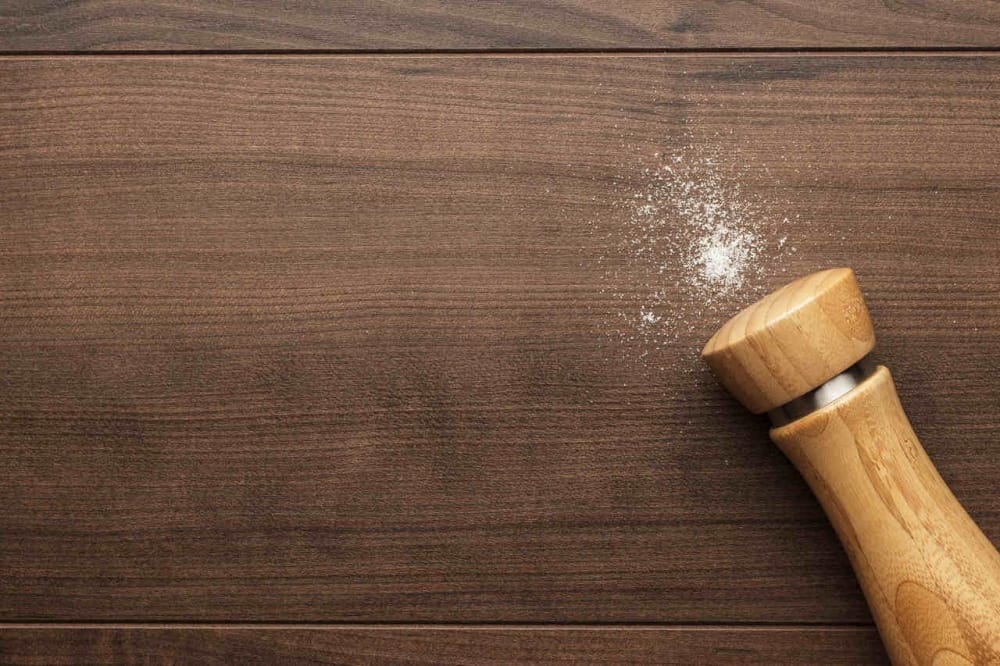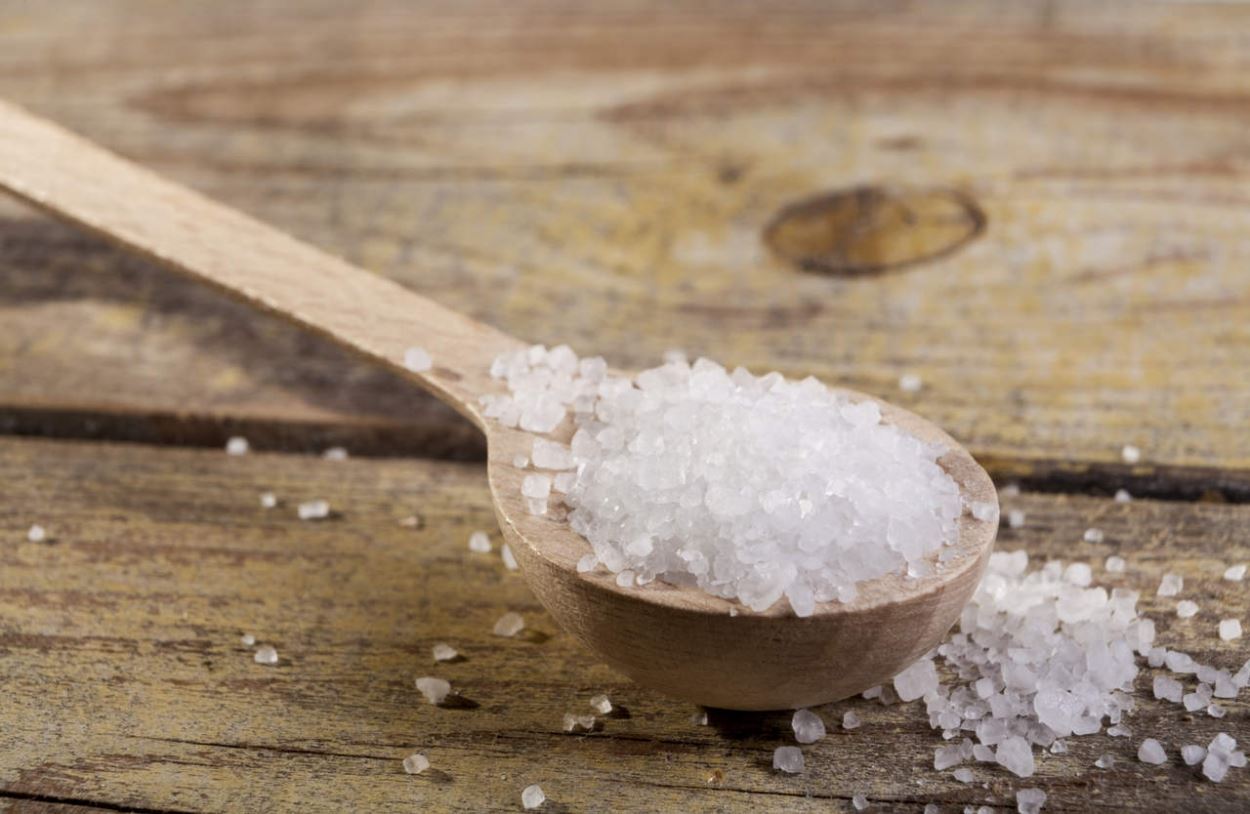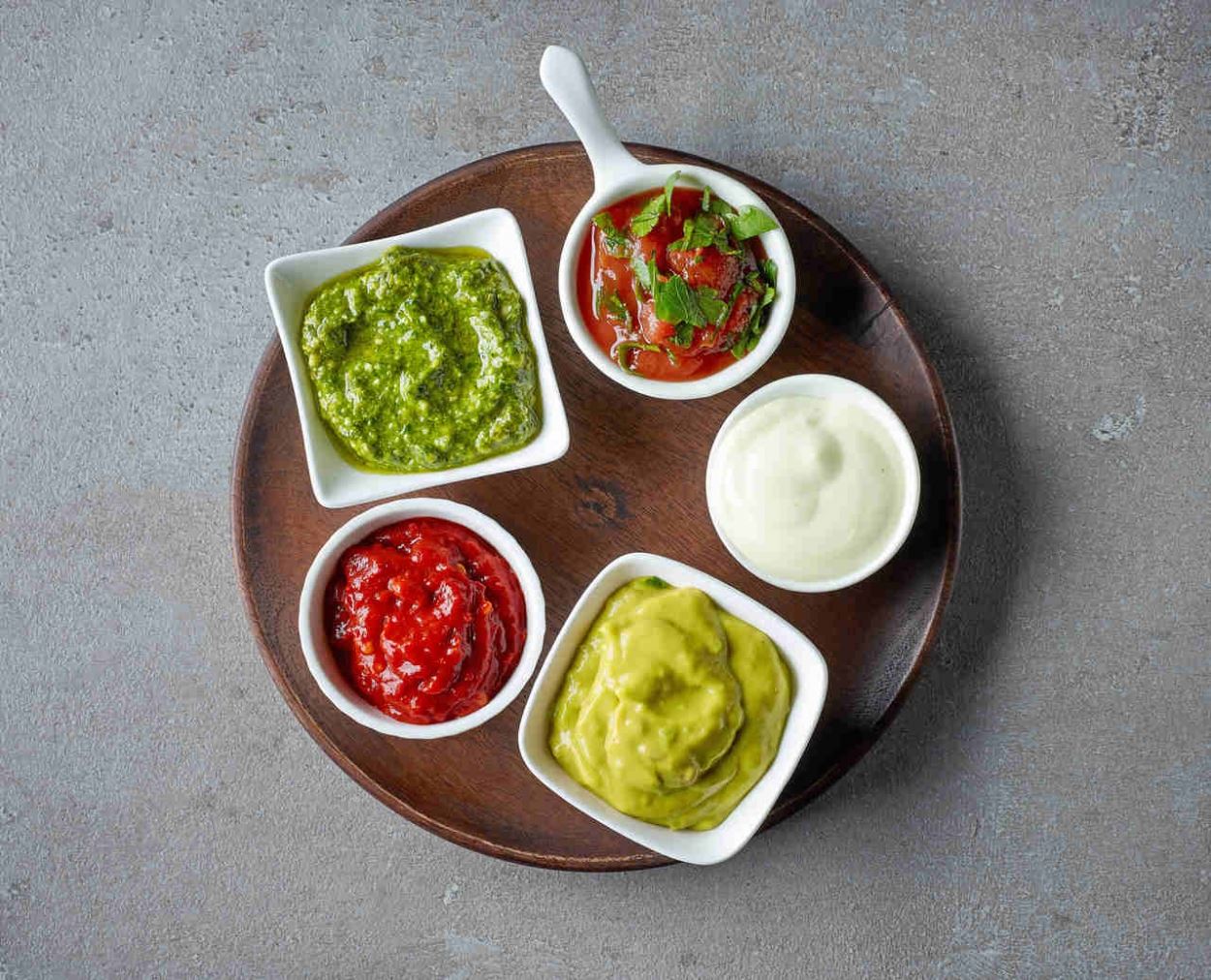Important Question: Is Too Much Salt Harmful You?
2021-01-26(16080)
For decades, salt consumption and its possible damages to human health have been at the center of the debates. However, while our minds are busy with questions such as “Can too much salt kill you?”, we continue the salt consumption above the recommended in general. It is probably because of the difficulty in cutting something out of our lives, especially when it comes to our food habits, to make an arrangement could be a tough job.
As all we remember from school days, salt is a compound whose primary component is sodium. This element is the main factor creating a risk at salt consumption. Even though salt is necessary for our body to function properly, excessive sodium intake we do not mostly realize is life-threatening nutrition which will directly affect our health.
In order to learn about the chemical structure of salt, you may read the article How Can You Identify a Salt?
Thus, as Koyuncu Salt, Turkey’s largest salt exporter, we have made a detailed analysis on the question of “Is too much salt harmful for you?”. What kind of risks we can face in high salt consumption and what limit is for daily sodium intake are explained in the light of scientific researches’ result in this article.
Myth Or Real? Can Too Much Salt Kill You?

When you come across a question like “Is too much salt harmful for you?”, you might say “No way!” However; to be honest, this situation is a bit beyond the myth. The latest researches confirm that there is a direct and linear relationship between excessive salt consumption and death rates, unfortunately.
We cannot deny the fact that salt is a taste of our life. Yet, at some point, it achieves to become the reason for many diseases and even early deaths. That’s why, to reduce the risks that endanger our health and life quality, we need to be careful and conscious against the “silent death”.
Let’s take a look at the complications and threats that may emerge unless we decrease the use of high amounts of salt in the near future.
1. Hypertension

High blood pressure is the natural outcome of high sodium intake. And the further stage of this imbalance in blood pressure is hypertension. Hypertension is an issue that should not be ignored because it may directly lead to a stroke. This link between sodium and stroke and likely death could paint a dark picture, but we have to take it seriously if we desire a long and healthy life.
2. Cardiovascular Diseases

Among the responses of “Is too much salt harmful for you?”, the heart-related disease has an important place. Studies show that there is a direct association between high sodium intake and cardiovascular disease like a heart attack.
As much as stroke, heart attack is a significant risk that might end up with death in the short term. No matter how you are young, if you continue consuming salty foods, it will dramatically affect your lifetime and increase the early death risk inevitably.
3. Kidney Failure
Another serious damage to which salt lead is kidney failure. Excess in sodium intake will make the kidneys overwork because they will strive to flush the toxins out of the body. This overtime will be the reason for weak blood vessels in the kidneys.
Besides, kidney stones can be seen in such an environment when somebody insists on using more than average salt. To avoid the dangers which influence your health negatively, you should act before it is too late.
4. Stomach Cancer
While answering the question of “Is too much salt harmful for you?”, we should not skip this risk of stomach disease. Salt, everyday use material in our kitchen might be the reason for ulcers and stomach cancer as well.
Nitrate rich table salt products increase this risk considerably when you include this compound in your diet more than recommended. The stomach is a vital organ for healthy nutrition, therefore you must decrease the amount of salt consumption.
5. Edemas
Edemas could be the main reasons for swollen feet, hands, face or any other part of the body. Such a complication is mostly seen in salt-related situations. Excessive salt intake leads to fluid retention and these unwanted edemas might show up. Even though they are essentially harmless, edemas are the symptoms that indicate there is something wrong inside your body.
6. Obesity
High sodium intake has no direct relationship with obesity, we can say. However, a high salt diet has a link with weight gain even though it does not have many calories at all. In addition, even if anemia disease is mainly linked to the lack of iron, too much salt consumption also plays a role in this condition. And anemia is a crucial disease that can decrease your quality of life and prevent maintaining the balance of your body.
What Is the Limit of Healthy Salt Consumption?

We answered the question of “Is too much salt harmful for you?” comprehensively. In this part of the article, we will be dealing with the advised level of salt intake daily.
First of all, we should accept the fact that there should be a limit on salt intake. It is not an obligation but a rule to be followed in a healthy diet. Thereby knowing how much is too much is a deal in terms of averting the possible threats.
World Health Organization claims that high sodium consumption makes a great deal of contribution to diseases such as high blood pressure, heart attacks and stroke as we mentioned in this content earlier. Our primary sodium source is salt and regulation in daily salt intake is necessary for all of us.
The suggested limit of salt consumption is 5 grams per day according to WHO’s studies. This reduction will support our body functions in the long-term. Besides, healthy individuals are the keystones of healthy societies and populations. The benefits of lowering sodium intake are critical issues whose significance should be never underestimated.
What Foods Should We Remove From Our Diets?

If you decide to reduce salt consumption and need information about what foods you should avoid, you are in the right place. There are some certain foods including high amounts of sodium which have a devastating influence on our health. We prepared a list that guides you to lower salt consumption when you manage to adapt.
● Fast foods such as burgers, pizza, and fries.
● Canned or packaged foods.
● Processed meats like bacon or sausage.
● Sauce and dips such as ketchup, soy or barbecue.
● Pickles or olives containing too much salt.
● Frozen vegetables.
Many other items which have high sodium content can be added to the list. However, these are the mostly used foods in daily life. Another important thing you can do in order to control salt intake is to check the labels of products.
If you want to keep consuming these kinds of foods, you could prefer the ones having the label of “no added salt”, “salt reduced” or “low salt”. Additionally, you can compare the sodium levels of products to be sure about you chose the lower one.
Bottom Line
We clarified the damages of excessive salt intake and its relationship with diseases that might end up with death. Nevertheless, salt and its important compound sodium is a beneficial element and has some healing properties for human beings. Especially its functions such as supporting digestion, relieving skin conditions and helping to relax muscles are the major benefits explained by scientists.
For this reason, the proper amount of salt consumption is necessary and significant. Thus, by taking into consideration the daily limit, salt must be a part of our lives. Food salt, epsom salt or sea salt, all have different usage areas and their own benefits that you should always remember. And to maintain a healthy life, we need a certain amount of salt per day.
There is a wide range of salt products from all around the world. To find out these special and quality salt, you can visit our article which is titled in How Many Types of Salt Are There? foods in daily life.




